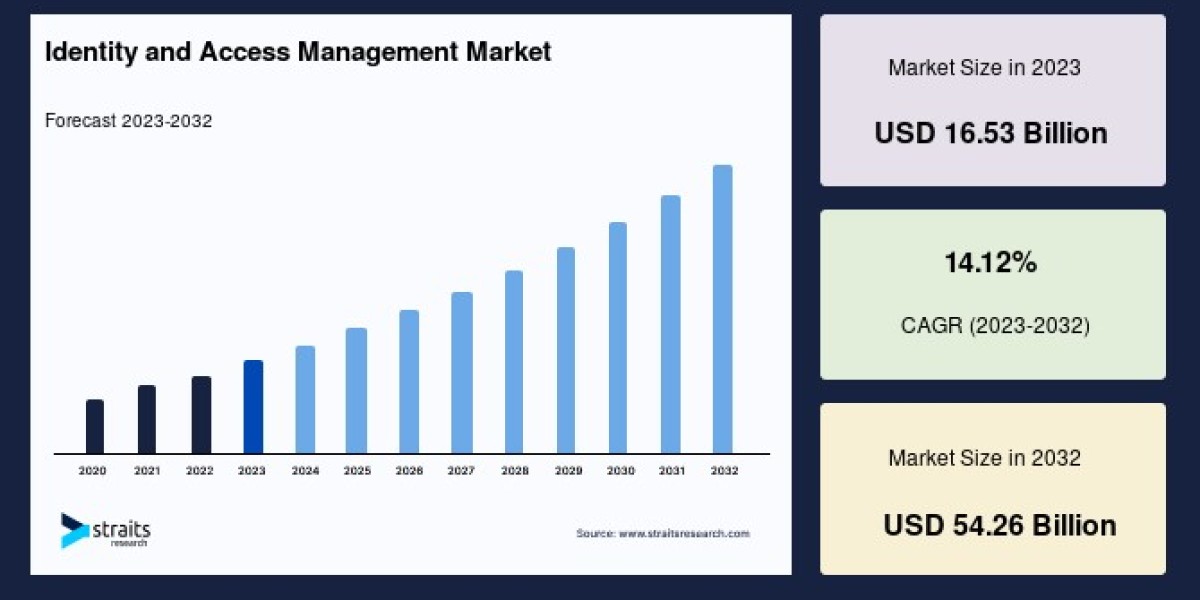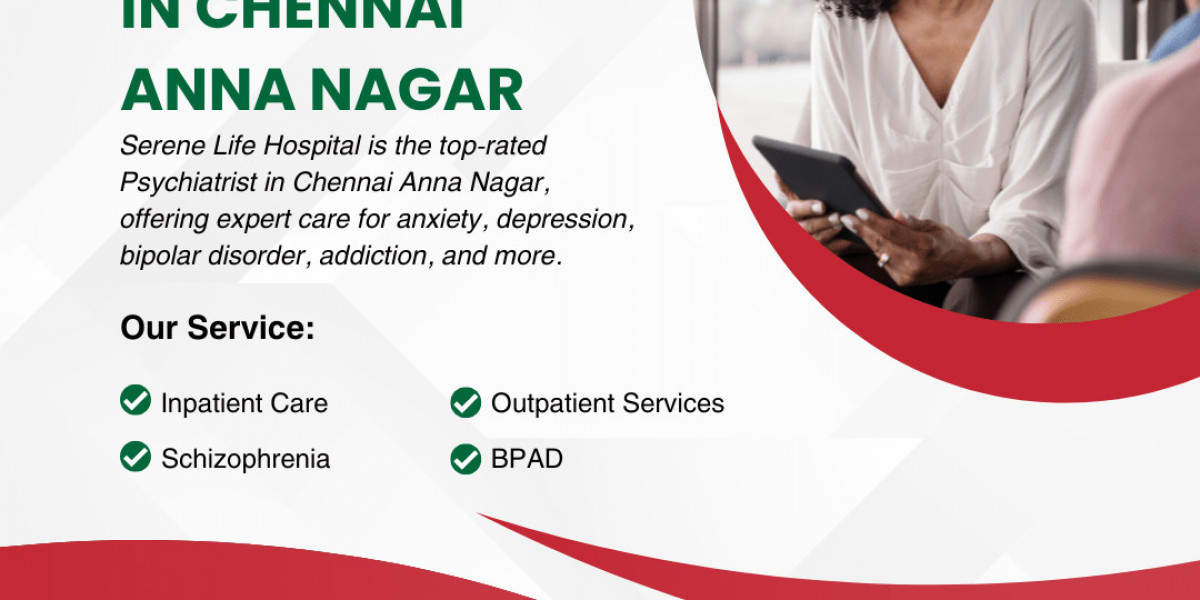In an age where data is more valuable than gold, cybersecurity professionals are the unsung heroes. Among them, ethical hackers stand out—protecting systems, finding vulnerabilities, and outsmarting cybercriminals. If you’re a student wondering how to become an ethical hacker while pursuing BCA, you’re asking the right question at the right time. How To Become An Ethical Hacker While Pursuing BCA?
Your BCA degree already provides a solid foundation. Now it’s time to go beyond textbooks and make your mark in the ethical hacking world. Here’s how to do it.
What Does an Ethical Hacker Really Do?
An ethical hacker is a cybersecurity expert authorized to break into systems, applications, and networks—not to harm, but to help. By simulating cyberattacks, they expose weaknesses before malicious hackers can exploit them.
They perform tasks like:
Penetration testing
Vulnerability assessments
System hardening
Web application security
And the best part? You can start acquiring these skills during your BCA program.
Why Ethical Hacking is a Smart Choice for BCA Students
Your BCA curriculum already covers subjects like programming, databases, operating systems, and computer networks. These are directly relevant to ethical hacking. By combining classroom knowledge with hands-on skills, you’ll be job-ready before you even graduate.
Plus, the global shortage of cybersecurity professionals makes this a highly employable and future-proof career.
Your Ethical Hacking Roadmap During BCA
Here’s a clear, step-by-step path to help you understand how to become an ethical hacker while pursuing BCA.
1. Master Your Core Subjects
Don’t just study to pass exams—learn to apply concepts. Focus deeply on:
Networking: Understand protocols, network layers, and tools like Wireshark.
Operating Systems: Get hands-on with Linux, especially Kali Linux (the go-to for hackers).
Programming: Python is essential for scripting. Also learn JavaScript (for web hacks) and C/C++ (for exploit development).
SQL and Databases: Learn to identify common vulnerabilities like SQL injection.
These topics, often included in BCA syllabi, form the base of every hacker’s toolkit.
2. Enroll in Cybersecurity Courses
Formal education might not dive deep into ethical hacking, so use online platforms for specialized learning:
TryHackMe Beginner Path
Coursera’s Cybersecurity Specialization
Udemy’s Ethical Hacking Bootcamps
Google Cybersecurity Certificate
These affordable courses offer hands-on labs, which are more valuable than theoretical lessons. Dedicate weekends or semester breaks to complete them.
3. Set Up a Home Lab
Practice is everything. Create a virtual lab on your computer:
Install VirtualBox or VMware
Set up Kali Linux (attacker machine)
Add test targets like Metasploitable, DVWA, or Juice Shop
This safe environment lets you test exploits, learn tools like Metasploit, and simulate real-world scenarios.
4. Start Practicing on Legal Platforms
Use gamified, legal platforms to sharpen your hacking skills:
Hack The Box – Realistic hacking simulations
TryHackMe – Beginner-friendly paths with guided labs
OverTheWire – Great for Linux and command-line mastery
CTFtime.org – Find Capture The Flag events (competitions where hackers solve challenges)
These platforms also allow you to build a track record that impresses future employers.
5. Get Recognized with Certifications
Earning a certification proves your commitment and skill. Top options for BCA students include:
CEH (Certified Ethical Hacker) – Popular and respected worldwide
CompTIA Security+ – Great for cybersecurity fundamentals
eJPT (Junior Penetration Tester) – Hands-on and budget-friendly
OSCP (Offensive Security Certified Professional) – Advanced but rewarding
Aim for at least one beginner-level cert by your final year.
6. Contribute and Build a Portfolio
Employers love to see real-world work. Start building a personal brand:
Write blogs explaining hacks and tools
Share walkthroughs of TryHackMe or Hack The Box challenges
Create a GitHub repo with scripts or tools you’ve developed
Record YouTube videos or tutorials
This not only showcases your expertise but helps others learn too.
7. Apply for Internships and Freelance Gigs
Many startups and small IT firms are open to cybersecurity interns. Use platforms like:
Internshala
AngelList
LinkedIn
Upwork (for freelance bug bounty or testing gigs)
Even unpaid internships give you valuable experience and connections in the industry.
8. Join the Ethical Hacking Community
Networking helps you stay updated and motivated. Join:
Discord servers for TryHackMe, Hack The Box, and cybersecurity discussions
Reddit communities like r/ethicalhacking and r/netsecstudents
LinkedIn groups for cybersecurity learners
Twitter/X to follow ethical hackers and infosec researchers
Engaging with a community will expose you to new techniques, tools, and career opportunities.
9. Stay Ethical and Legal Always
Tempted to test your skills on unauthorized systems? Don’t. Ethical hacking is based on permission, legality, and responsibility.
Always ask for consent before testing.
Never exploit vulnerabilities for personal gain.
Keep a learning-first mindset.
Ethical conduct is what separates white hats from black hats—and defines your long-term success.
Career Paths After BCA + Ethical Hacking Skills
By graduation, if you've followed this roadmap, you’ll be ready for roles like:
Security Analyst
Penetration Tester
Cybersecurity Consultant
Threat Hunter
Bug Bounty Researcher
You can also go for higher studies in cybersecurity or directly apply to MNCs, government sectors, or global bug bounty platforms like HackerOne and Bugcrowd.
Final Thoughts
If you’re still wondering how to become an ethical hacker while pursuing BCA, the answer is simple: combine your academic learning with practical cybersecurity skills, stay consistent, and stay ethical. The sooner you start, the stronger your foundation will be.
The world needs ethical hackers. And with the right dedication, you can be one of the best—even before you complete your degree.







